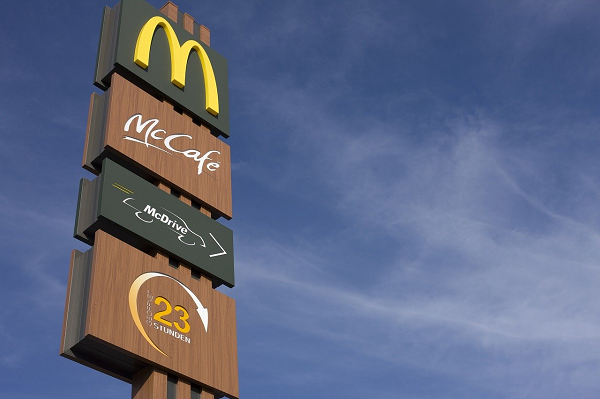


Franchising is the practice of licensing a company’s business model and other intellectual property to sell products or services under that company’s name.
For people looking for the independence of running their own business but without the know-how to get one running on their own, franchising represents a very attractive proposition.
For the company providing the license (the franchisor), franchising presents an alternative to building its own chain of stores and requires less of its own capital. For the company acquiring the license (the franchisee), franchising represents an opportunity to start a business with less initial design and marketing work due to the established nature of the franchisor’s brand. To establish a franchise, the franchisor and franchisee sign an agreement that specifies the length and terms of the license as well as associated fees, which usually comprise an initial franchise fee and a fixed percentage of monthly turnover. Franchising is used extensively in the food industry, such as by McDonald’s, Subway, Švejk Restaurant, and Brněnka, and is also used in other sectors, such as by InterContinental Hotels, Yves Rocher, Berlitz language centers, and RE/MAX. While the US has specific regulations governing franchising, numerous other jurisdictions (such as the UK and Czech Republic) have no regulations specific to franchising, but many do have national associations (e.g., the Czech Franchise Association) that endeavor to help franchises and also provide some regulation.
Franšízing je praxe licencování obchodního modelu a dalšího duševního vlastnictví společnosti k prodeji zboží nebo služeb jménem této společnosti.
Pro lidi, kteří chtějí nezávislost provozování vlastního podniku, ale nemají know-how na to, aby jej sami rozběhli, představuje franšízing velmi atraktivní nabídku.
V češtině se používají také další formy tohoto pojmu jako „franchising“ a „frančízink“. Pro společnost poskytující licenci (franšízora) představuje franšízing alternativu k vybudování vlastního řetězce prodejen a vyžaduje méně vlastního kapitálu. Pro společnost kupující licenci (franšízanta) představuje franšízing příležitost založit podnikání s menším množstvím počáteční práce na designu a marketingu kvůli zaběhnuté povaze značky franšízora. Pro založení franšízy uzavře franšízor s franšízantem smlouvu, která stanoví délku a podmínky licence a také související poplatky, které obvykle tvoří prvotní poplatek za franšízu a fixní procento měsíčního obratu. Franšízing se ve velké míře používá v potravinářském průmyslu, například značkami McDonald’s, Subway, Švejk Restaurant nebo Brněnka, a je využíván také v dalších sektorech, například značkami InterContinental Hotels, Yves Rocher, Berlitz language centers a RE/MAX. Ačkoli Spojené státy mají konkrétní předpisy upravující franšízing, řada jiných jurisdikcí (např. Spojené království a ČR) nemají žádné předpisy konkrétně pro franšízing, přestože v mnohých z nich působí národní asociace (např. Česká asociace franchisingu), které pomáhají franšízám a také poskytují určité předpisy.
English Editorial Services’ mission is to assist international businesses and organizations of all sizes to communicate clearly, correctly, and persuasively with their business partners and target audiences.
Simply subscribe to receive our Business Term of the Day at no charge to your inbox each business day, with explanation in English and Czech.



English Editorial Services’ mission is to assist international businesses and organizations of all sizes to communicate clearly, correctly, and persuasively with their business partners and target audiences.
Simply subscribe to receive our Business Term of the Day at no charge to your inbox each business day, with explanation in English and Czech.